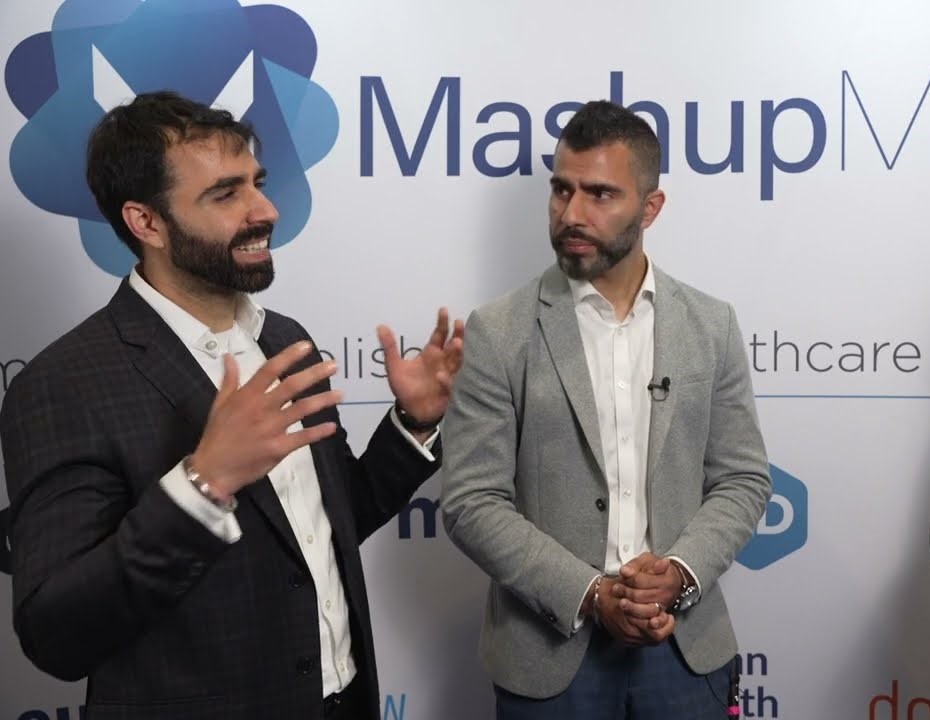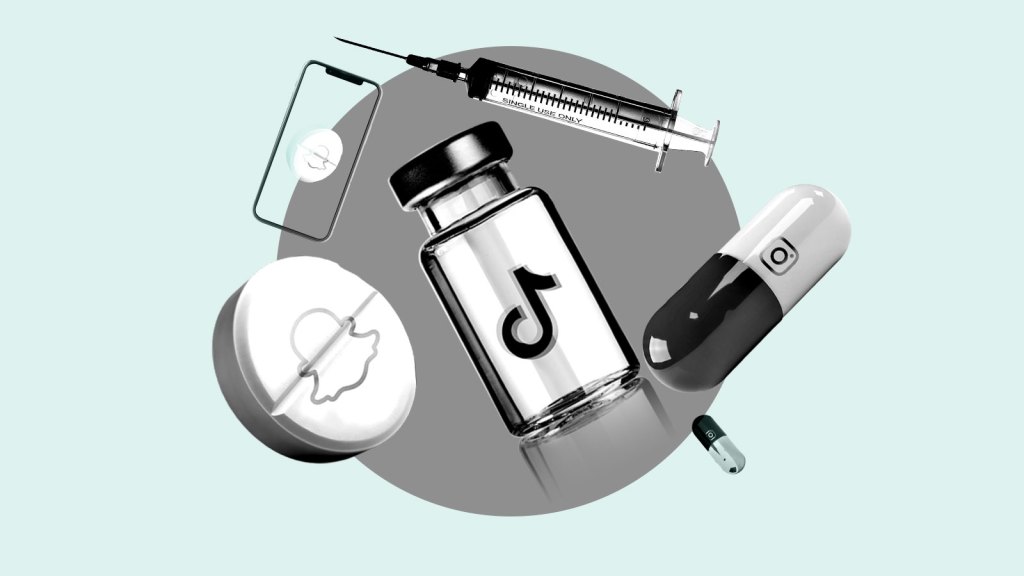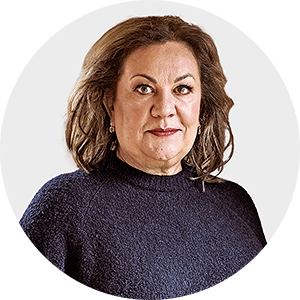Misinformation on Social Media Puts Cancer Patients at Risk
Cancer patients are facing serious risks as they are misled by social media, opting for unverified treatments over essential medical care, according to oncologists.
During the American Society for Clinical Oncology (ASCO) general meeting in Chicago, medical professionals reported that a growing number of patients are postponing effective treatments, allowing their cancer to reach an advanced, often terminal stage.
Healthcare providers noted that many individuals are gravitating towards alternative therapies, including restrictive diets and essential oils, instead of proven medical interventions, often falling prey to those promoting untested and potentially dangerous remedies.
Doctors expressed concern that the medical community is struggling to communicate effectively in an era rife with misinformation.
England’s chief medical officer highlighted that the spread of false information regarding cancer has escalated to alarming levels within the NHS.
Dr. Julie Gralow, the executive vice president of ASCO, shared experiences with patients who sought natural treatment options after discussions about their cancer diagnosis and treatment protocols. “They search online, find clinics overseas offering natural cancer therapies that include unconventional methods like caffeine colonics and vitamin C infusions,” she explained.
“In several instances, patients returned after months without any improvement or evidence of tumor reduction. Tragically, there have been cases where patients did not come back, and I learned of their passing within a short time frame,” Dr. Gralow added.
Richard Simcock, chief medical officer at Macmillan Cancer Support, recounted encounters with young women who have rejected effective medical therapies, instead pursuing extreme diets touted on social media.
“As a physician, it’s disheartening to see individuals refuse evidence-based treatments due to misinformation that is misleading. There’s a vital need to restore trust in scientifically-backed medicine,” he stated.
Research presented at the conference revealed that videos on TikTok regarding prostate cancer screening often contained low to moderate-quality content, which may misinform viewers.
Poor scientific communications frequently include oversimplified findings, selective statistical use, or emotionally charged language.
Another study highlighted that over half of the respondents expressed distrust in scientific information related to cancer.
Dr. Fumiko Chino, a co-author of the study, warned that oncologists are struggling against a tide of misinformation. “It has become increasingly clear that the reliance on evidence-based medicine is waning, necessitating efforts to reclaim authority over accurate medical information,” she commented.
At ASCO, oncologists Rohit Gosain and Rahul Gosain noted a rise in patients resorting to social media-backed alternative therapies, often delaying necessary treatment until their cancer has advanced. The duo, known as The Oncology Brothers on social media, aims to disseminate current scientific insights to healthcare providers.

They stated, “The challenge arises when patients reach a metastatic stage, where previous opportunities for effective treatment have been missed. When patients choose to avoid treatment, their condition worsens, complicating further intervention, and many arrive in distressing circumstances.”
Matthew Hobbs, director of research at Prostate Cancer UK, observed that while some individuals spread unverified treatments intentionally, others may genuinely wish to help but lack adequate knowledge. He urged men to verify their information through reputable sources, such as the Prostate Cancer UK website or healthcare professionals.
Professor Stephen Powis, the NHS’s national medical director, acknowledged the dual role of social media as both a supportive community for cancer patients and a source of alarming misinformation. He urged individuals to scrutinize claims of “miracle cures” found online, emphasizing the importance of consulting reliable resources like the NHS website or healthcare teams to clarify any uncertainties.




Post Comment